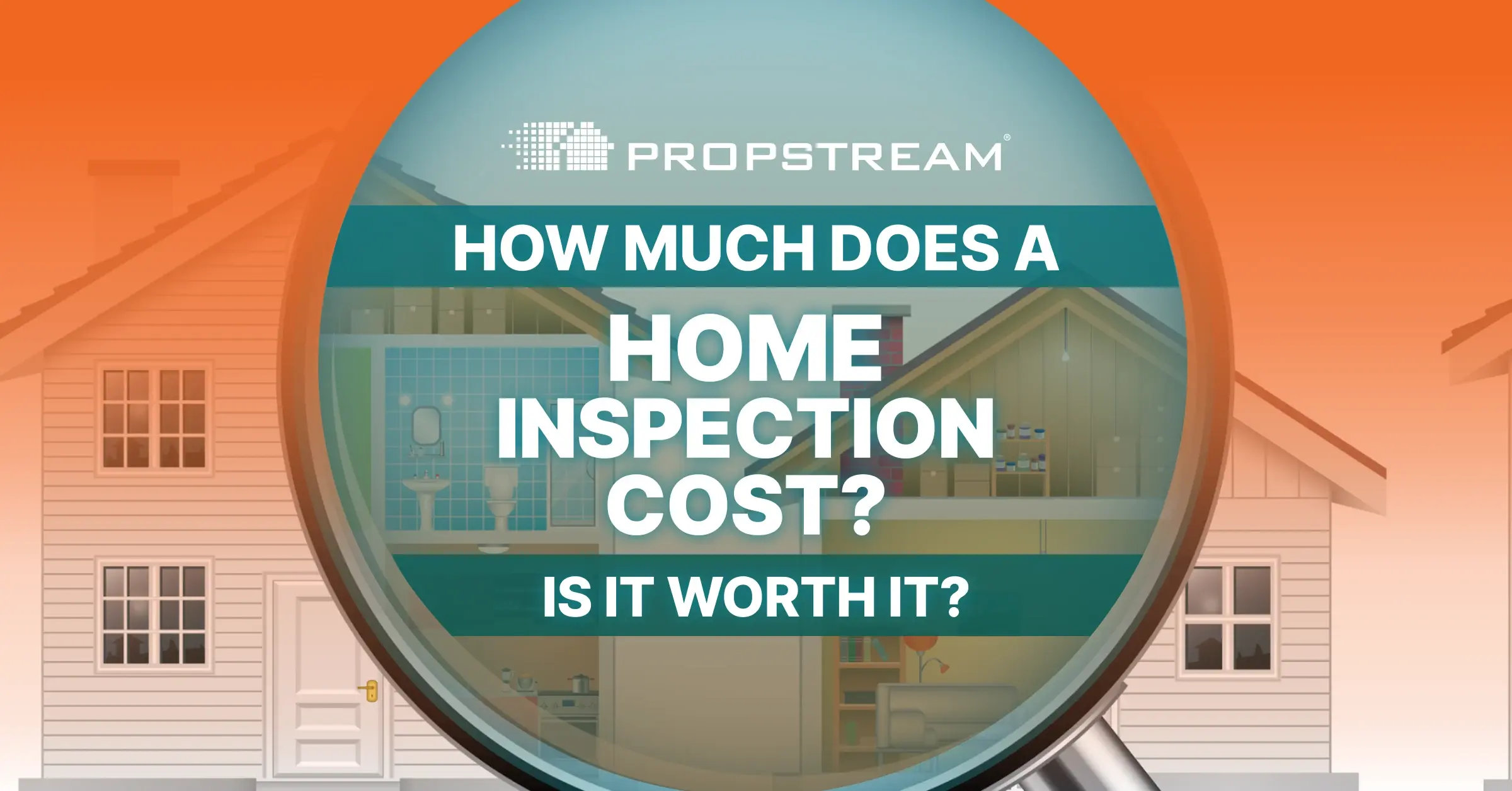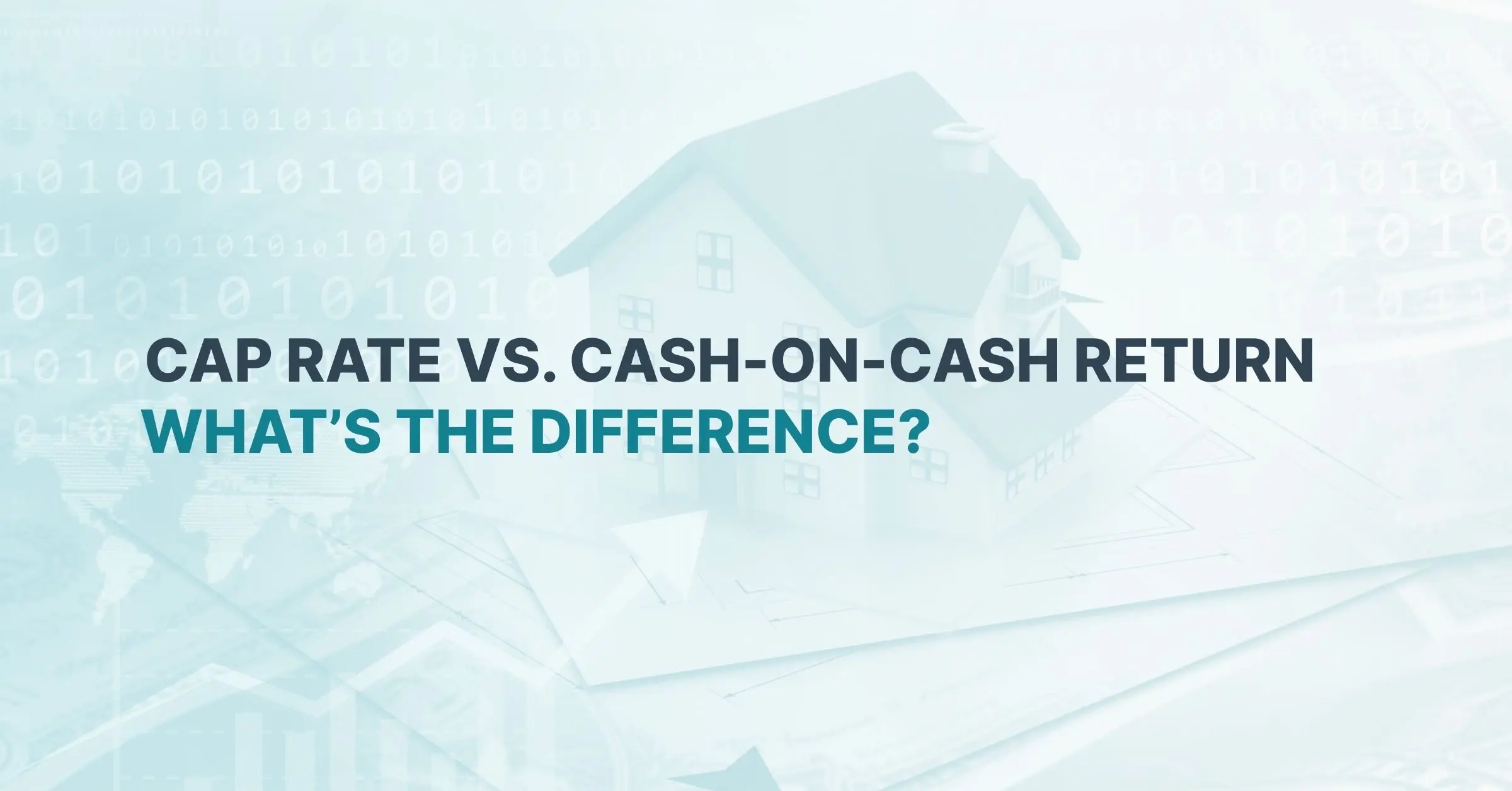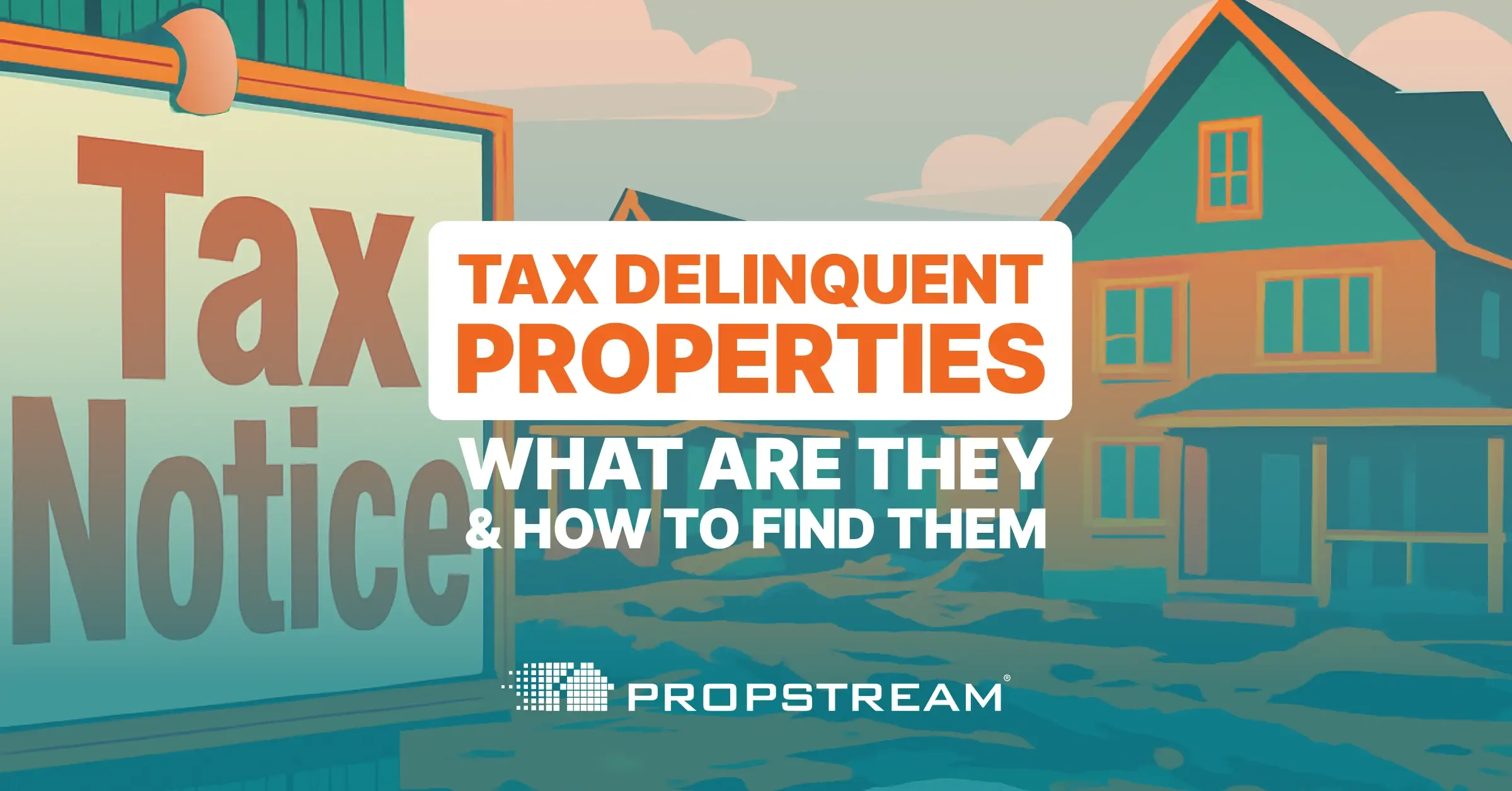Disclaimer: PropStream does not offer investing advice or make profit promises. This article is for educational purposes only. We recommend consulting licensed financial planning and/or real estate professionals before investing in real estate for retirement.
|
Key Takeaways:
|
Imagine retiring with not just a nest egg, but a steady stream of income from properties that work for you while you sleep. That’s the power of investing in real estate for retirement.
Try PropStream for 7 Days Free!
Unlike stocks, real estate is a tangible asset with value that tends to rise with inflation, helping preserve your purchasing power over time. If you’re worried about outliving your savings, it can be a reliable way to store and grow your wealth.
Table of Contents |
Why Real Estate Works as a Retirement Strategy
Let’s dig deeper into what can make real estate investing a good retirement strategy:
Predictable Rental Income
When you lease property to quality tenants, you collect regular rental income. That’s money in your bank account every month that you can put toward living expenses.
Aim for properties in high-demand areas to ensure steady occupancy and quick turnovers.
Long-term Appreciation
Real estate tends to rise in value over time. From Q2 2020 to Q2 2025, for example, the median U.S. home sales price jumped from $317,100 to $410,800, a 30% increase in five years.
As a retiree, owning real estate means you could have a sizable nest egg from which to pull equity through a cash-out refinance or sale as needed.
Tax Advantages
Owning property also comes with tax benefits. For example, landlords can often deduct repairs, utilities, and other property expenses from their taxable rental income. You may even be able to write off mortgage interest and depreciation. Plus, if you ever sell and use the proceeds to buy a new property, you may be able to defer capital gains taxes with a 1031 exchange.
Related: Funding a Buy and Hold Property with a 1031 Exchange
Inflation Hedge
Inflation can hurt your purchasing power. The more prices rise, the less your money can buy. However, housing values and rental rates tend to keep up with inflation over time, allowing you to offset rising expenses by raising rent.
Financing Leverage
Unlike stocks, real estate can be leveraged with financing. A mortgage lets you control a property while only putting down a fraction of the purchase price. This can lower the barrier to entry and enhance your returns if your mortgage rate is lower than your overall return rate.
Types of Real Estate Investments for Retirement

Real estate investments come in different forms. Here are some of the best ones for retirement:
Single-Family Rentals
Single-family homes are residential properties with one living unit.
In 2023, there were 85 million single-family homes out of the total 133 million occupied living units. However, not all of these are owner-occupied. Many are owned by landlords and rented out to tenants.
Multifamily Properties
Multifamily properties are buildings with more than one living unit—anything from duplexes to large apartment buildings. By managing multiple rental units under one roof, you can take advantage of economies of scale and minimize vacancy costs.
Short-Term Rentals
Short-term rentals (STRs) are vacation properties rented out to tenants for days at a time.
Owners, often called “hosts,” list their properties on STR marketplaces like Airbnb and VRBO, where guests can book stays on available dates. As a retiree, these can be great investments because they give you the flexibility to reserve dates for yourself to enjoy the property.
Commercial Real Estate
Commercial real estate refers to buildings with commercial tenants. Think offices, retail buildings, industrial properties, etc.
Leases tend to have longer terms of three to ten years, providing investors with relatively stable rental income.
Real Estate Investment Trusts (REITs)
Real estate investment trusts (REITs) are companies that own and manage a portfolio of income-producing properties. Investors can trade REIT shares just like stocks, providing liquidity and diversification without the headaches of direct property management.
How to Use Real Estate to Retire Comfortably
Now that you’re familiar with different types of real estate, here’s how to invest in it:
Start Early and Reinvest Cash Flow
The earlier you start investing, the longer your returns have to compound, so start as early as possible. Then, reinvest your profits into additional properties. Eventually, your portfolio may grow large enough that you can live on its rental income alone.
Use Long-Term Buy-and-Hold Strategies
Rather than constantly selling and purchasing new properties, focus on buying and holding real estate in stable markets. That way, you can earn regular rental income while benefitting from long-term appreciation, which can help offset any short-term market dips.
If you specialize in fix-and-flip investing, consider diversifying your portfolio by keeping a few of those flips and renting them out.
Consider Property Management for Passive Income
Outsourcing day-to-day tasks to a property manager is the key to making real estate a passive investment. Without one, you may find yourself still working in retirement. Even many full-time investors use property managers to scale their portfolio or invest out of state.
Diversify Your Portfolio
Spread your real estate investments across different markets to help minimize risk. If one area experiences a downturn, strong performance in others can soften the impact on your overall portfolio. The same goes for property types.
Owning a mix can provide added stability and protect you against market-specific challenges.
Plan for Equity Payoffs and Refinancing Strategies Over Time
Strategically pay down properties to boost cash flow, or refinance to unlock capital for new acquisitions or retirement expenses. This requires regular portfolio reviews to ensure each move aligns with your long-term retirement goals.
Common Mistakes to Avoid
.webp?width=1252&height=834&name=real%20estate%20investment%20(1).webp)
Before you buy your next property, here are some common pitfalls to avoid:
Underestimating Expenses and Maintenance
Property taxes, insurance, repairs, and improvements can eat into your returns quickly, so always budget for them. You may even want to create a reserve fund for the unexpected. For example, you could put away 10% of your rental income each month for upkeep.
Overleveraging with Debt
While financing can amplify your returns, it can also magnify your losses. For example, if your rental income drops or interest rates rise and you have an adjustable-rate mortgage (ARM), you could be left scrambling to make mortgage payments. So, maintain a comfortable level of debt.
Ignoring Market Research or Tenant Screening
Even a great property can become a poor investment if it’s in a poor location or rented to unreliable tenants. To avoid this, study local rental demand, job growth, and amenities before buying. Then, thoroughly screen tenants to minimize missed payments and costly evictions.
Failing to Account for Vacancies and Property Taxes
It’s tempting to calculate returns assuming 100% occupancy, but every property experiences vacancies, so factor in a vacancy rate when projecting cash flow. And remember, property taxes can increase over time, too, so build those potential hikes into your budget as well.
How to Find Cash-Flowing Properties with PropStream

Ready to take the next step toward funding your retirement? With PropStream, you can find the best rental opportunities in no time. Search our database of over 160 million properties with 165+ filters to narrow down your ideal investment.
From there, you can research the property’s owner records, tax history, market comps, rent potential, and more. Plus, you can create custom lead lists that automatically update. That way, you’ll be alerted whenever new opportunities emerge in your target market.
The Bottom Line
Ultimately, real estate can be a powerful retirement plan because it offers something few other investments can match: a combination of steady passive income, long-term appreciation, and protection against inflation.
Furthermore, with tools like PropStream, you can make better investment decisions to help build a portfolio that will work for you well into your golden years.
Try PropStream for 7 Days Free—Enjoy 50 Complimentary Investment Leads
Frequently-Asked Questions (FAQs)
Is real estate a good retirement investment?
Yes, if purchased strategically, real estate can generate passive income, appreciate over time, and provide tax benefits, making it a strong addition to many retirement portfolios.
How can I start investing in real estate for retirement if I’m new to the market?
Begin by learning about different property types, researching local markets, and starting small with a single property or REIT before scaling your real estate retirement plan.
Can I realistically retire on real estate income alone?
Many investors do, but it requires careful planning, reliable cash-flowing properties, and a diversified real estate portfolio.
What are the risks of using real estate for retirement income?
Risks include vacancies, market downturns, unexpected expenses, and overleveraging. However, these are all risks that can be managed with a sound strategy and financial reserves.
Should I include real estate in my retirement portfolio even if I already have stocks and bonds?
Real estate can diversify your stock and bond portfolio to lower your overall risk and volatility.
How soon should I start investing in real estate for retirement?
The earlier, the better. Starting younger gives your properties more time to appreciate and your returns more time to compound.
Subscribe To PropStream's Newsletter



